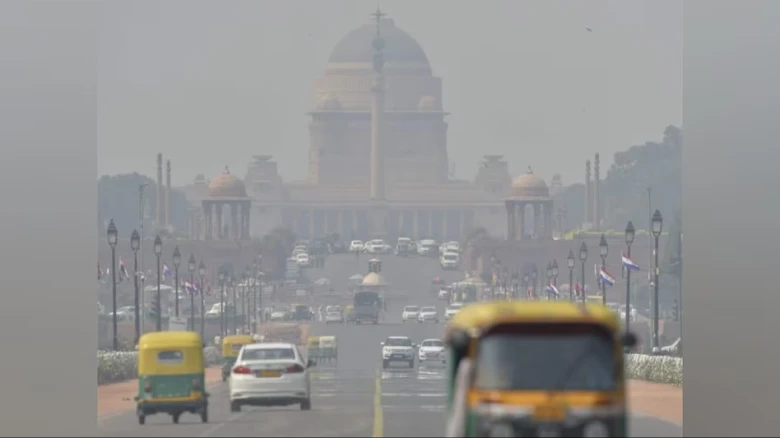This sudden prominence underscores the urgent need for targeted interventions to address pollution in rapidly urbanizing regions...
Digital Desk: Bihar's Begusarai and Delhi have once again made headlines for their alarming levels of air pollution, as revealed by the latest World Air Quality Report 2023 by IQAir, a Swiss organization dedicated to tracking global air quality trends.
India, with an average annual PM2.5 concentration of 54.4 micrograms per cubic meter, ranked third-worst among 134 countries surveyed. Bangladesh and Pakistan surpassed India in this metric, indicating a pervasive air quality crisis across the South Asian region.
Begusarai, previously missing from the 2022 rankings, emerged as the most polluted metropolitan area worldwide, recording an average PM2.5 concentration of 118.9 micrograms per cubic meter. This sudden prominence underscores the urgent need for targeted interventions to address pollution in rapidly urbanizing regions.
Delhi's plight continues unabated, with PM2.5 levels worsening from 89.1 micrograms per cubic meter in 2022 to 92.7 micrograms per cubic meter in 2023. The capital city maintains its unfortunate distinction as the most polluted capital globally for the fourth consecutive year, highlighting persistent challenges in combating air pollution.
The report's findings shed light on the staggering scale of India's air quality crisis, with an estimated 1.36 billion people exposed to PM2.5 concentrations surpassing the World Health Organization's recommended guideline level. Shockingly, 96 percent of India's population, totaling 1.33 billion individuals, endure PM2.5 levels exceeding seven times the WHO's annual guideline, underscoring the widespread health risks faced by its citizens.
IQAir's report utilizes data aggregated from over 30,000 air quality monitoring stations worldwide, demonstrating the extensive collaboration among various entities, including research institutions, governmental bodies, and citizen scientists, in tracking air pollution trends.
The expansion of data collection from 7,323 locations in 2022 to 7,812 locations in 2023 reflects growing awareness and efforts to comprehensively address air quality issues on a global scale.
The grave consequences of air pollution cannot be overstated, with an estimated one in every nine deaths worldwide attributed to its effects. Exposure to PM2.5 pollution exacerbates numerous health conditions, including asthma, cancer, stroke, and lung disease, while also impairing cognitive development in children and exacerbating mental health issues.
The urgent need for decisive action to mitigate air pollution and safeguard public health cannot be ignored. Concerted efforts, backed by robust policies, technological innovations, and international cooperation, are essential to combat this pervasive environmental threat and ensure a healthier future for generations to come.

Leave A Comment